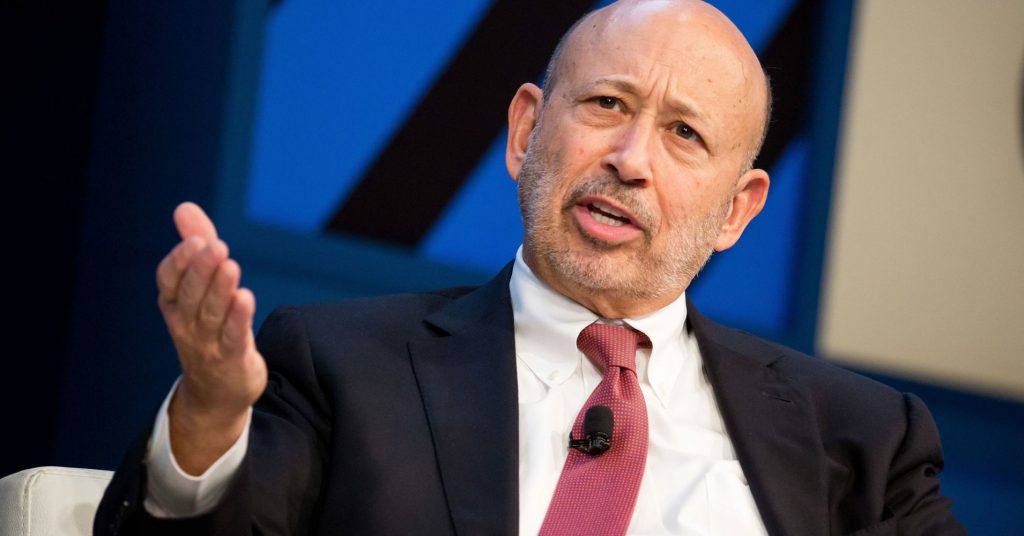
President Donald Trump and Fed Chairman Jerome Powell finally met face-to-face Tuesday, giving the two leaders a chance to communicate and helping to remove one small layer of uncertainty surrounding the markets and the economy.
Monday night’s dinner, which Treasury Secretary Steven Mnuchin and Fed Vice Chairman Richard Clarida also attended, came after a year of rancor during which the president has harshly criticized the central bank chief.
On an official basis, neither side revealed much.
Word from the White House was that the dinner featured a “very good exchange of ideas” and “no pitchforks.” The Fed said it was to “discuss recent economic developments and the outlook for growth, employment and inflation.”
From a market perspective, though, a more cordial relationship between the two sides is better than the alternative of worries about whether the Fed’s political independence could be compromised by a meddling president who might actually replace the chairman if he continued to raise rates.
“I look at as more an opportunity for Powell to express his thoughts on things, because there’s no mystery of Trump’s thoughts on things with respect to monetary policy. Trump never wanted Powell to raise interest rates at all,” said Peter Boockvar, chief investment advisor at Bleakley Advisory Group. “I’m hoping that Powell used this as an opportunity to explain what he’s doing.”
The tenor of the meeting may been helped in that the Fed over the past several weeks has come closer to Trump’s thinking.
At last week’s policy meeting of the Federal Open Market Committee, Powell and his fellow central bankers set forth a “patient” approach to future rate hikes. Powell himself told media members that he would need convincing proof that more tightening is necessary before trying to push further increases.
That was a considerable shift from just a month earlier, when officials indicated two rate hikes were likely in 2019 and Powell said another aspect of policy normalization, the reduction of the bond holdings on the Fed’s balance sheet, was on “autopilot.”
Trump has long worried that a tighter Fed would thwart the economic recovery and bull market.
A meeting of the minds between Powell and the president matters “at a very high level, because it affects perception,” said Christopher Whalen, head of Whalen Global Advisors. “There are investors who think that’s important, but I think the fundamentals underneath, particularly the credit markets, are what’s really driving things.”
Getting the president more acquainted with the nuance that can influence Fed decisions could help Powell’s position. The Fed’s own senior loan officer survey of banking executives released Monday showed slowing demand and tighter conditions for commercial and industrial loans.
Markets don’t expect any more rate increases this year, which was the case before the Powell-Trump meeting.
“I think it’s mostly just politics,” Whalen said. “I don’t think Powell or anybody else on the board of governors is going to react to a president or any other politician’s comments on monetary policy.”
Though this was the first for Powell and Trump, meetings between presidents and Fed chairs are nothing new.
Former President Barack Obama and then-Fed Chair Janet Yellen met on multiple occasions, with one in April 2016 gathering some attention because of a perception that Obama was worried about rate increases that slow down the economy and tarnish his legacy. After that meeting, both sides said the economy was discussed but there was nothing on rate policy.
Trump’s criticism of Powell stood out because of its very public nature. The president used his favorite megaphone, Twitter, to chastise the central bank, and White House leaks indicated that Trump was contemplating replacing Powell if the Fed kept moving rates higher.
Stocks were higher Monday in the wake of the meeting, with David Rosenberg, chief economist and strategist, noting that “anything to give Mr. Market a sense that the Fed will remain on this freshly paved dovish course” helps spark confidence.

